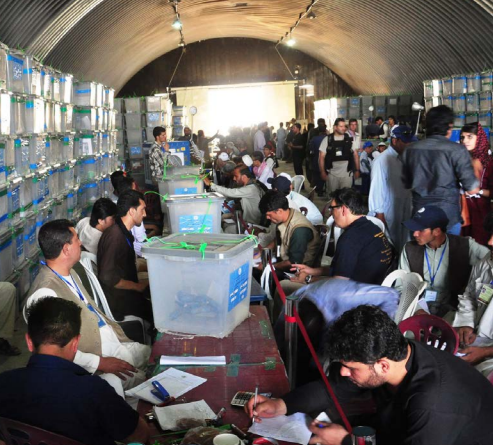Source: The Electoral Integrity Project
Executive summary
In many countries, polling day ends with disputes about ballot-box fraud, corruption, and flawed registers. Which claims are legitimate? And which are false complaints from sore losers? This report by the Electoral Integrity Project aims to evaluate the quality of elections held around the world. Based on a rolling survey collecting the views of election experts, the research provides independent and reliable evidence to compare whether countries meet international standards of electoral integrity. The rolling survey results presented in this report cover 127 national parliamentary and presidential contests held worldwide in 107 countries from 1 July 2012 to 31 December 2014. The current dataset covers almost two-thirds (62%) of all independent nation-states worldwide holding direct elections for the lower house of parliament, containing 4.2 billion people in total. We requested assessments from 4,970 election experts, receiving completed responses from 1,429, generating an average response rate of 29%. The study monitors 49 indicators to compare elections and countries around the globe. These indicators are clustered to evaluate eleven stages in the electoral cycle as well as generating an overall summary Perception of Electoral Integrity (PEI) 100-point index and comparative ranking.
Download Full Publication HERE: The Year in Elections, 2014 Final 11_02_2015


